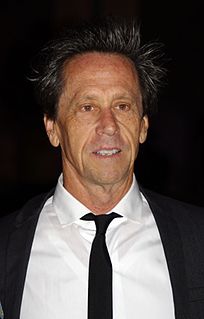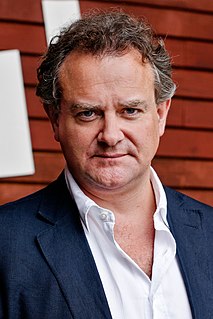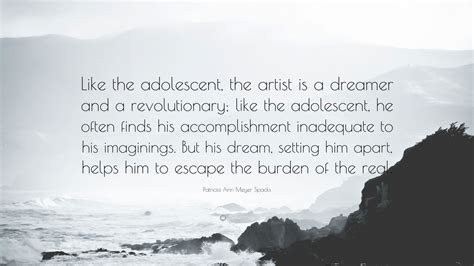A Quote by Brian Grazer
The physical effort of reading drains some of the pleasure I might take from whatever I'm reading.
Related Quotes
For the last episode [of Downton Abbey], you'll need some handkerchiefs. I needed handkerchiefs reading it. It wasn't because it necessarily moved me while reading it, but it was the experience of reading it when I realized it was the last time I was ever going to be reading one of those scripts. That was quite terminal.
The logic: Reading is a private pursuit, one that often takes place behind closed doors. A young lady might retreat with a book, might even take it into her boudoir, and there, reclining on here silken sheets, imbibing the thrills and chills manufactured by writerly quills, one of her hands, one not absolutely needed to grip the little volume, might wander. The fear, in short, as one-handed reading. [p. 146]
The art of not reading is a very important one. It consists in not taking an interest in whatever may be engaging the attention of the general public at any particular time. When some political or ecclesiastical pamphlet, or novel, or poem is making a great commotion, you should remember that he who writes for fools always finds a large public. A precondition for reading good books is not reading bad ones: for life is short.



































